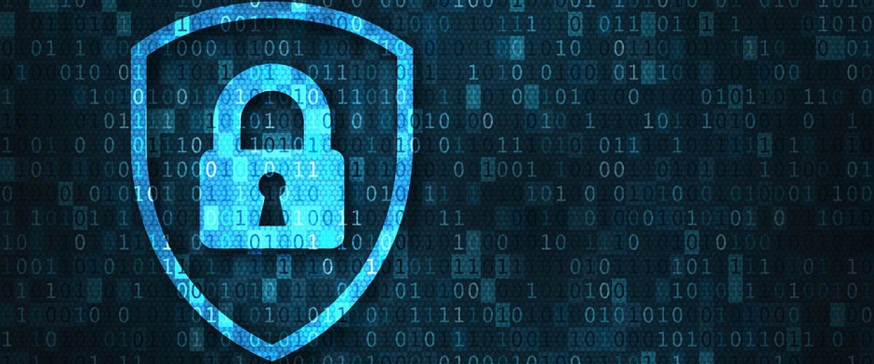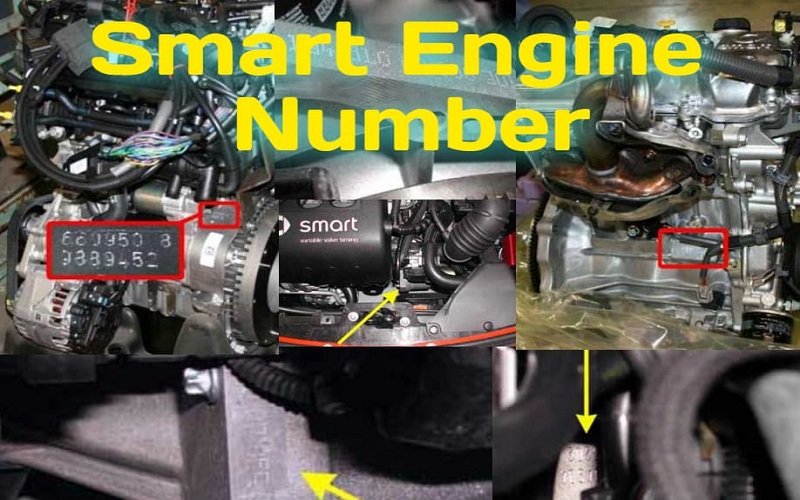
With crime rates on a rise in many locations, it is now more necessary than ever to take preventative measures to secure your home and the people who live within it. A well-installed security camera system is one of a most effective deterrents against theft, vandalism, and other illegal activities. However, do-it-yourself camera installation often results in subpar coverage and functionality. For truly comprehensive monitoring and peace of mind, it is best to hire licensed professional security camera installation services. This article will explore the benefits of utilizing expert security camera installation, things to consider when choosing an installation company, and tips for getting the most value from your new system. While many brands offer quality products, you will discuss installation services generally without promoting any specific platform or manufacturer. The goal is to empower you to make an informed choice for securely monitoring your space.
Choosing a Professional Installation Company
When deciding to invest in a cctv solutions, one of the first decisions to make is whether to take on the installation yourself or hire professionals. DIY setups can potentially save money upfront but often result in gaps in coverage, poor image quality, unreliable recording and other issues down the line. Professional installation ensures your system is expertly designed and installed for maximum functionality right from the start.
Some key factors to consider when choosing a security camera installation company include:
- Licensing and Insurance: Look for a company that is properly licensed by your state/municipality and carries general liability insurance. This protects you in the event of any accidents during installation.
- Experience: An experienced company will have installed many prior systems and understand best practices for camera placement and wiring. Ask about the installer’s certification levels and average years of experience.
- Equipment Used: Reputable companies will use high-quality mounting hardware, cabling, power supplies and other components suited for long-term outdoor/indoor use. Cheap parts can fail prematurely.
- Warranty: Most professional installers offer workmanship warranties to cover any installation issues that arise. Some may also warranty the equipment for a period of time.
- Customization: Larger security firms can customize a system specific to your property layout and security needs. Smaller local companies provide more personalized service.
- Cost: Prices vary depending on the size and complexity of the installation. Get quotes from multiple companies to compare estimated costs. Avoid those with extremely low bids, as quality may suffer.
Doing your research on installation companies ahead of purchasing equipment will help ensure a seamless setup process and years of reliable monitoring. Ask for referrals from others who have used their services locally. Review company websites, verification on licensing boards and read online reviews as well.
Camera Placement for Optimal Coverage
Once you have selected an installation company, work with them to determine the ideal positioning of cameras around your property for comprehensive views without any blind spots. Proper placement is key to deriving full value from your security system. Some general guidelines include:
- Entry/Exit Points: Cover all doors (front, side, garage, basement etc.), gates and other access points with cameras.
- Perimeter: Mount cameras along the perimeter of your property—facing inward—to capture anyone approaching.
- High-Traffic Areas: Position cameras to monitor driveways, parking areas, outdoor gathering spaces and other commonly used locations.
- Interior Spaces: For commercial/retail properties, cover cash register areas, storage rooms, offices and other interior spaces as needed.
- Height: Mount cameras a minimum of 8-10 feet off the ground to discourage vandalism and get the widest viewing angle possible.
- Lighting: Ensure cameras have adequate nighttime lighting through strategically placed lighting fixtures or infrared cameras.
- Wiring: Conceal all wiring discreetly along walls/eaves to deter tampering and keep a clean appearance.
Work with your installer to do a walkthrough and get their expert recommendations tailored to your specific property. Adjust camera positions later as needed based on how the system performs.
System Components and Setup
Once camera placement is finalized, your professional installation team will begin setting up the physical components of your security system. This generally includes:
- Cameras: Mounting and wiring your selected camera types (bullet, dome, PTZ etc.) based on views needed.
- NVR/DVR: Centrally located network video or digital video recorder to store footage. Install in a cool, ventilated, hidden location.
- Monitor: Install any monitors/displays for live viewing of camera feeds at your property.
- Wiring: Run coaxial or wireless cabling between cameras and the NVR/DVR safely along walls/eaves.
- Power: Connect cameras and NVR/DVR to reliable, uninterruptible power sources (UPS, solar etc.)
- Software: Configure your system software/app for viewing live and recorded footage remotely.
- Testing: Have the installer thoroughly test all camera views, recording, motion detection and system functions.
Reputable installers will take the time for a full setup, configuration and training session. They should address any questions to ensure you are comfortable operating your new security system on your own. Request a follow-up service as well to handle any post-installation issues.
Ongoing System Management
After your security camera system is fully installed and running smoothly, there are some best practices for ongoing management to maximize the value and lifespan of your investment:
- Regular Maintenance: Clean camera lenses periodically. Trim back foliage. Check for any wiring/mounting issues.
- Software Updates: Apply any system/app updates from your manufacturer for improved features and bug fixes.
- Storage Device Monitoring: Check available storage space on your NVR/DVR and backup footage regularly.
- Battery Backup: Ensure your UPS or batteries are functioning properly in case of power outages.
- Motion Detection Settings: Adjust motion zones and sensitivity levels as seasons/activity changes.
- Deter Vandalism: Conceal cameras and wiring as much as possible to avoid tampering attempts.
- Review Footage: Check recordings after any suspicious activity or security alerts are triggered.
- Consider Expansion: Add more cameras over time as your needs evolve and budget allows.
- Re-Evaluate Coverage: Consult your installer if you renovate/expand your property footprint.
With the right professional installation and ongoing care, your security camera system will provide you with reliable monitoring for many years to safeguard your property and peace of mind.
Conclusion
Hiring licensed security camera installation experts is the best way to ensure a seamless setup process and maximum functionality from day one. Their expertise in camera positioning, wiring techniques and equipment selection results in comprehensive coverage without gaps. Reputable installers also provide valuable training and support services. With proper installation and routine maintenance of your system, you can continuously benefit from around-the-clock remote monitoring to proactively deter threats and quickly resolve any security issues like vehicle tracking device. Prioritizing expert installation is a worthwhile investment that pays ongoing dividends in protection for your home or business.



